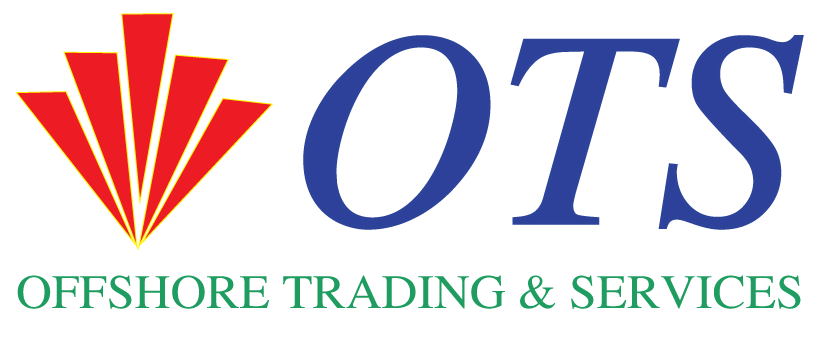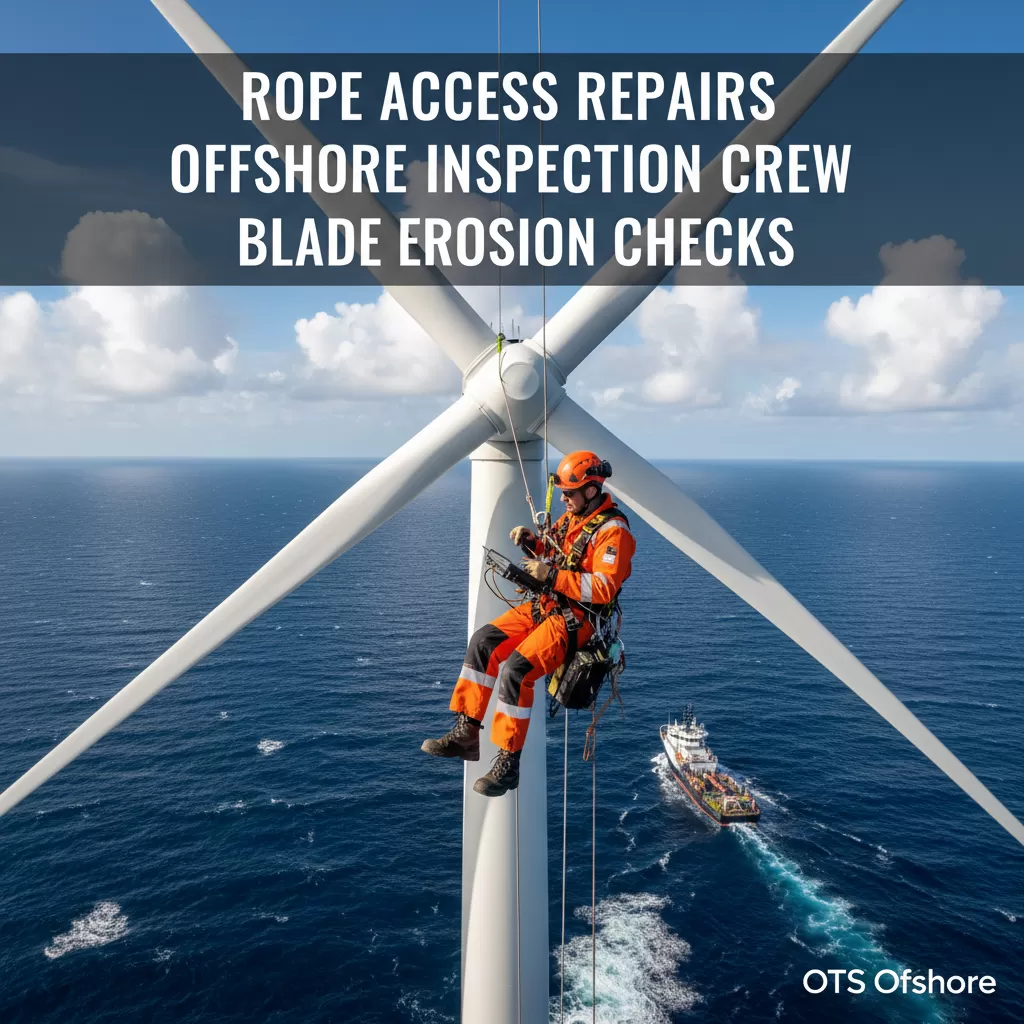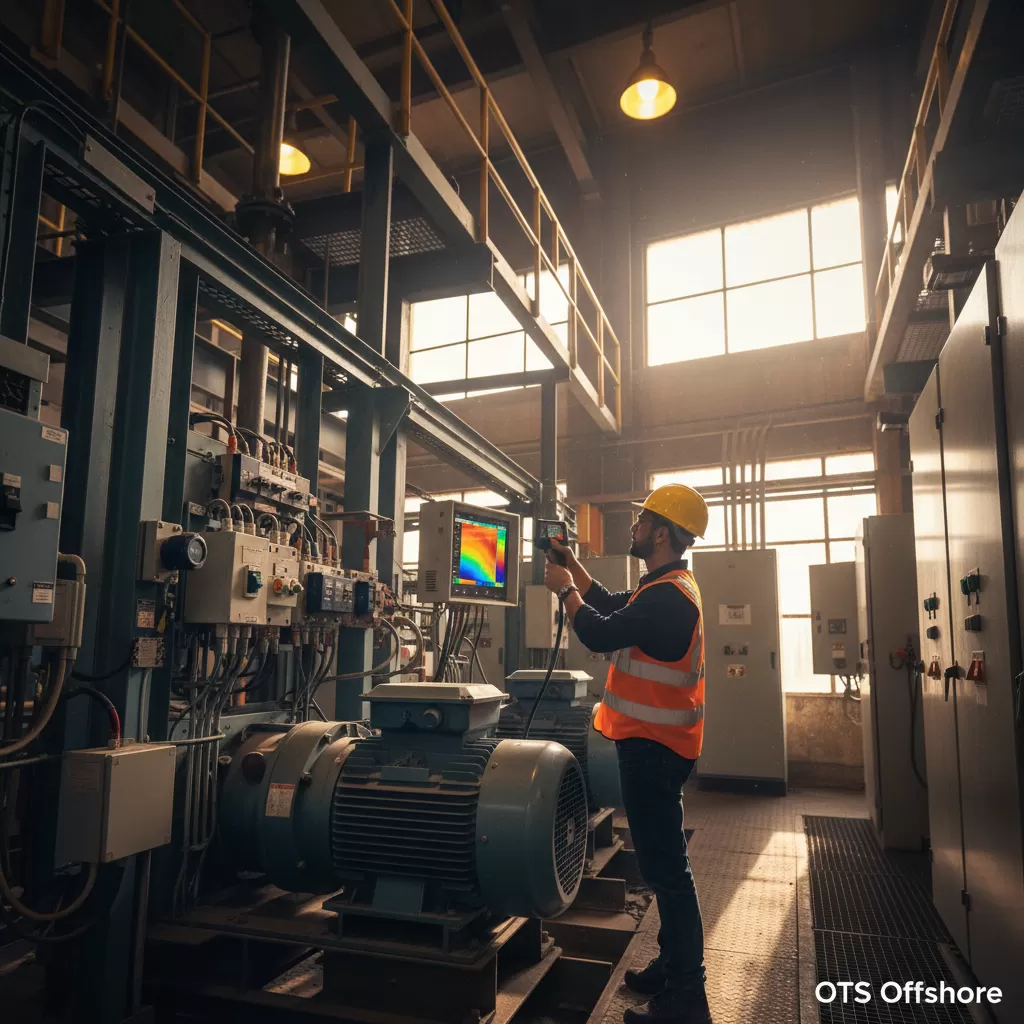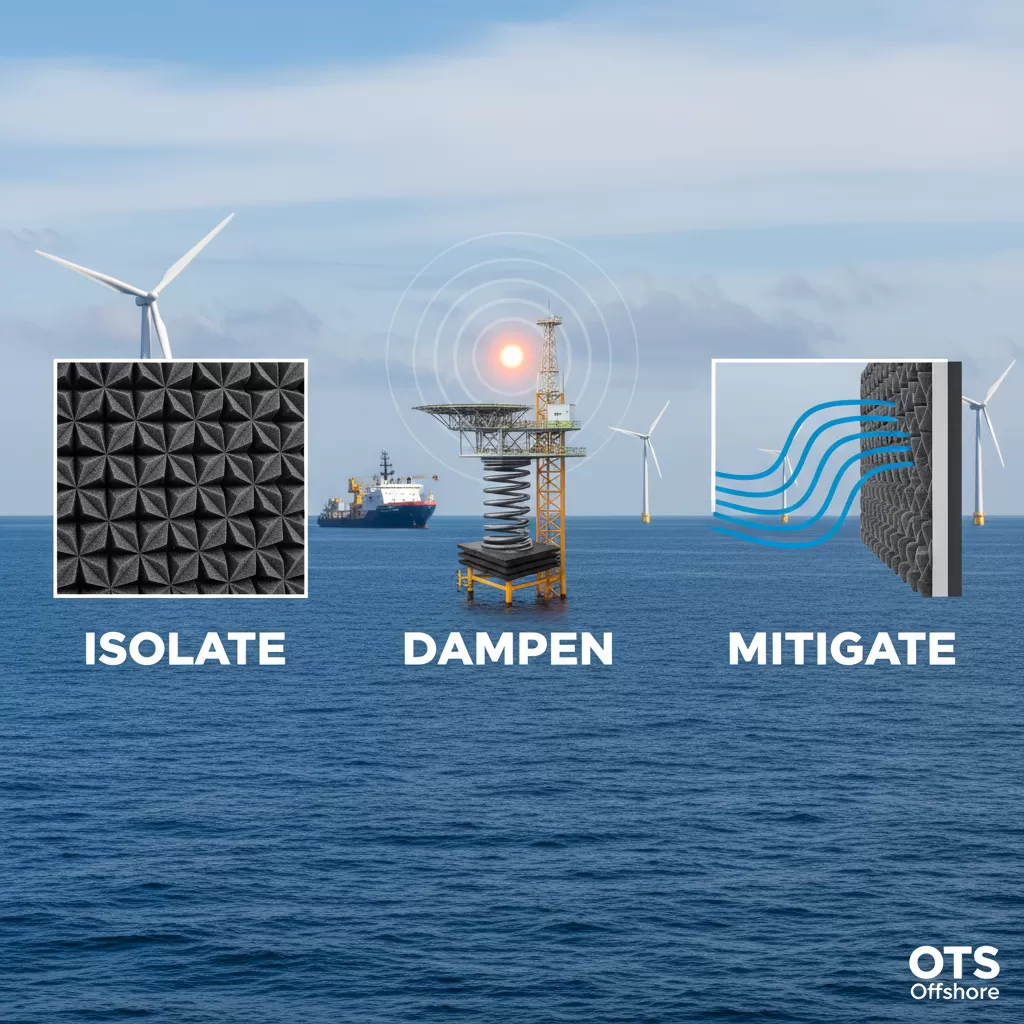**Interocean Marine Services Gains Class Approvals for Drone Inspection Service in the Offshore Sector**
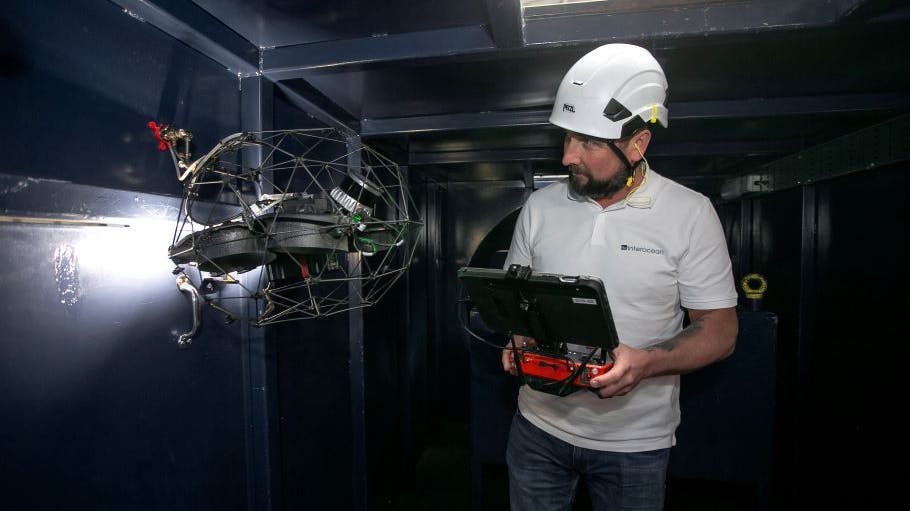
In a significant development for the offshore oil and gas industry, Interocean Marine Services has secured approvals from both the American Bureau of Shipping (ABS) and Det Norske Veritas (DNV) for its drone inspection service. This milestone underscores the increasing importance and recognition of drone technology in ensuring the integrity and safety of mobile offshore units (MOUs) through ultrasonic thickness measurements (UTMs).
### Adoption of Advanced Technologies
The use of drones in offshore inspections is rapidly evolving, driven by the need for safer, more efficient, and cost-effective operations. These autonomous vehicles equipped with advanced sensors and high-resolution cameras are transforming the way complex structures are assessed. Traditional manual inspection methods, which often involved human divers entering hazardous environments, have been largely replaced by the precision and reliability offered by drone technology.
### Key Highlights of Interocean’s Drone Inspection Service
1. **Class Compliant Inspections**: Interocean’s drone inspection service has received approval from ABS and DNV, ensuring that the data collected is compliant with the highest industry standards. This validation is crucial for maintaining the structural integrity of MOUs, which are critical for offshore operations.
2. **Advanced Sensor Capabilities**: The drones utilized by Interocean are equipped with advanced sensors capable of performing ultrasonic thickness measurements (UTMs). This technology allows for precise evaluation of metal thickness, which is vital for assessing the condition of critical infrastructure.
3. **Efficient Data Acquisition**: With the ability to operate in various environments and at considerable depths, these drones streamline the inspection process. They capture high-quality data in real-time, enabling immediate analysis and planning for any necessary repairs or maintenance.
4. **Enhanced Safety**: The deployment of drones in offshore environments significantly reduces the risks associated with human entry into hazardous zones. This shift mitigates potential accidents and ensures a safer working environment for personnel involved in routine inspections.
### Practical Application
A notable example of the practical application of Interocean’s drone inspection service involves the detailed examination of spud cans on a jack-up barge vessel. Spud cans play a crucial role in anchoring vessels securely to the seabed, and their condition is paramount for maintaining operational stability. By using both remotely operated vehicles (ROVs) and UAVs equipped with mission-specific tools and sensors, Interocean conducted a thorough internal and external
